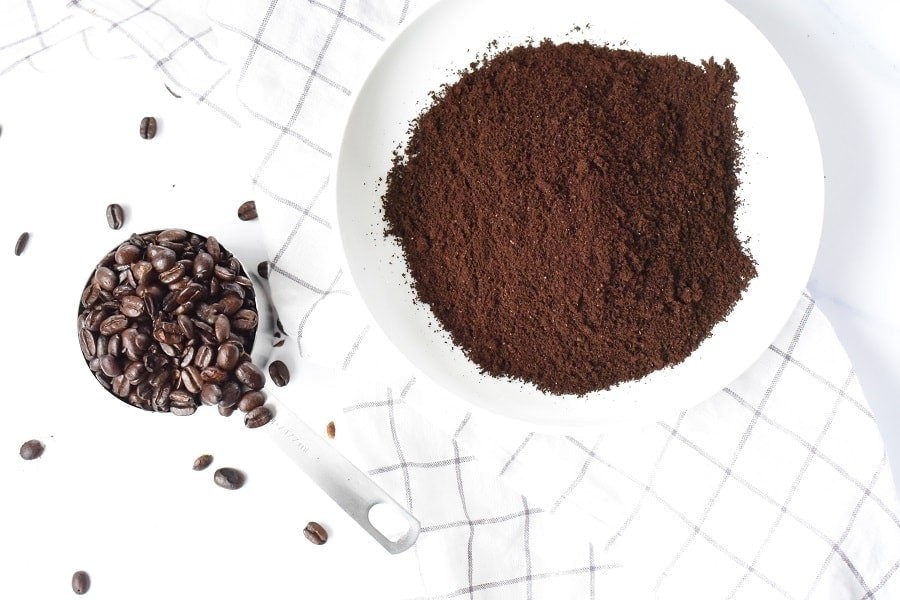Collagen is a protein that is naturally present in the body, providing structure and elasticity to various tissues, including the skin. Acne is a common skin condition characterized by pimples, blackheads, and whiteheads that result from the clogging of hair follicles. Collagen plays an important role in maintaining skin health and may have a beneficial effect on acne-prone skin. However, the relationship between collagen and acne is complex and still not fully understood. Some studies suggest that collagen supplements may help reduce inflammation and improve skin barrier function, potentially reducing the frequency and severity of breakouts.
Inflammation and acne
Inflammation is a key contributor to the development of acne. When the hair follicles become clogged with excess oil, dead skin cells, and bacteria, the immune system responds by releasing inflammatory molecules, leading to redness, swelling, and pain. Chronic inflammation can further worsen acne and contribute to scarring. Some research has suggested that collagen may help reduce inflammation in the body, potentially alleviating acne symptoms. Additionally, certain skincare products containing anti-inflammatory ingredients like niacinamide, green tea, or chamomile may help reduce inflammation and improve acne-prone skin.
Can collagen reduce breakouts?
Collagen supplements may have the potential to reduce breakouts and improve overall skin health. Collagen is an essential component of the skin’s structure, and it plays a key role in maintaining skin elasticity and hydration. By improving skin barrier function, collagen may help reduce the likelihood of acne-causing bacteria penetrating the skin and causing inflammation. Additionally, some studies have shown that collagen supplements may help reduce skin inflammation and promote wound healing, potentially reducing the frequency and severity of acne breakouts. However, more research is needed to determine the effectiveness of collagen supplements in managing acne.
Science of collagen and skin
Collagen is a structural protein that makes up a significant portion of the skin’s connective tissue. It provides strength, elasticity, and hydration to the skin, helping to maintain its firm, smooth appearance. Collagen production naturally declines with age, leading to wrinkles, sagging skin, and a loss of volume. Exposure to environmental stressors such as UV radiation and pollution can also damage collagen fibers, contributing to premature aging. Several skincare products contain collagen, which may help improve the appearance of the skin by increasing hydration, reducing wrinkles and fine lines, and promoting overall skin health.
Food sources of collagen for skin
Several food sources of collagen can help support skin health. Collagen is found primarily in animal-derived products, such as bone broth, chicken, fish, and beef. Additionally, some plant-based foods contain nutrients that can help support collagen production, such as vitamin C, which is found in citrus fruits, broccoli, and red peppers, and copper, which is found in nuts, seeds, and shellfish. Consuming a balanced and varied diet rich in these nutrients can help support collagen production and maintain skin health. However, it is important to note that dietary collagen may not directly translate into increased collagen production in the skin.
Additional benefits of collagen supplements
Collagen supplements may offer additional benefits beyond skin health. Some studies suggest that collagen supplementation may improve joint health, reduce the risk of bone loss, and promote muscle growth. Collagen is also a rich source of glycine, an amino acid that has been shown to have anti-inflammatory and antioxidant properties, potentially improving overall health and well-being. Furthermore, some evidence suggests that collagen supplements may improve gut health, by strengthening the intestinal lining and reducing inflammation. While more research is needed to confirm these potential benefits, collagen supplements appear to be a safe and effective way to support overall health.
Choosing Collagen for acne-prone skin
When choosing collagen supplements for acne-prone skin, it is important to look for products that are formulated with high-quality, bioavailable sources of collagen. Marine collagen, for example, is thought to be more easily absorbed by the body and may be less likely to cause allergic reactions than bovine or porcine collagen. Additionally, look for supplements that are free of added sugars, artificial flavors, and preservatives. Collagen supplements may be taken in various forms, such as powders, capsules, or drinks. Consult with a healthcare provider or dermatologist before starting any new supplements.
Combining collagen with acne-fighting ingredients
Combining collagen supplements with other acne-fighting ingredients may enhance their potential benefits for the skin. For example, niacinamide, a form of vitamin B3, has been shown to reduce inflammation and improve skin texture, making it an effective complement to collagen. Other beneficial ingredients for acne-prone skin include salicylic acid, benzoyl peroxide, and retinoids, which help unclog pores, reduce inflammation, and promote cell turnover. However, it is important to avoid combining too many active ingredients, which can irritate the skin and cause dryness or redness. Consult with a dermatologist to develop a skincare regimen that is tailored to your specific needs.
Ephuroalabs Collagen Gummies
Ephuroalabs Collagen Gummies is a dietary supplement that contains hydrolyzed marine collagen, as well as vitamin C, which is an essential nutrient for collagen synthesis. These gummies are formulated to support skin, hair, and nail health, as well as joint mobility and overall wellness. Each serving contains 80mg of collagen and 50mg of vitamin C, and the gummies are flavored with natural fruit extracts. Ephuroalabs Collagen Gummies are designed to be an easy and convenient way to incorporate collagen into your daily routine and maybe a suitable option for those who prefer not to take capsules or powders.
Conclusion
Collagen supplements may have potential benefits for acne-prone skin by supporting skin barrier function, reducing inflammation, and promoting wound healing. While the science is still evolving, incorporating collagen-rich foods into your diet and taking collagen supplements may help improve overall skin health and reduce the frequency and severity of breakouts. Additionally, combining collagen supplements with other acne-fighting ingredients may enhance their potential benefits. However, it is important to consult with a healthcare provider or dermatologist before starting any new supplements or making significant changes to your skincare routine. Read more…




